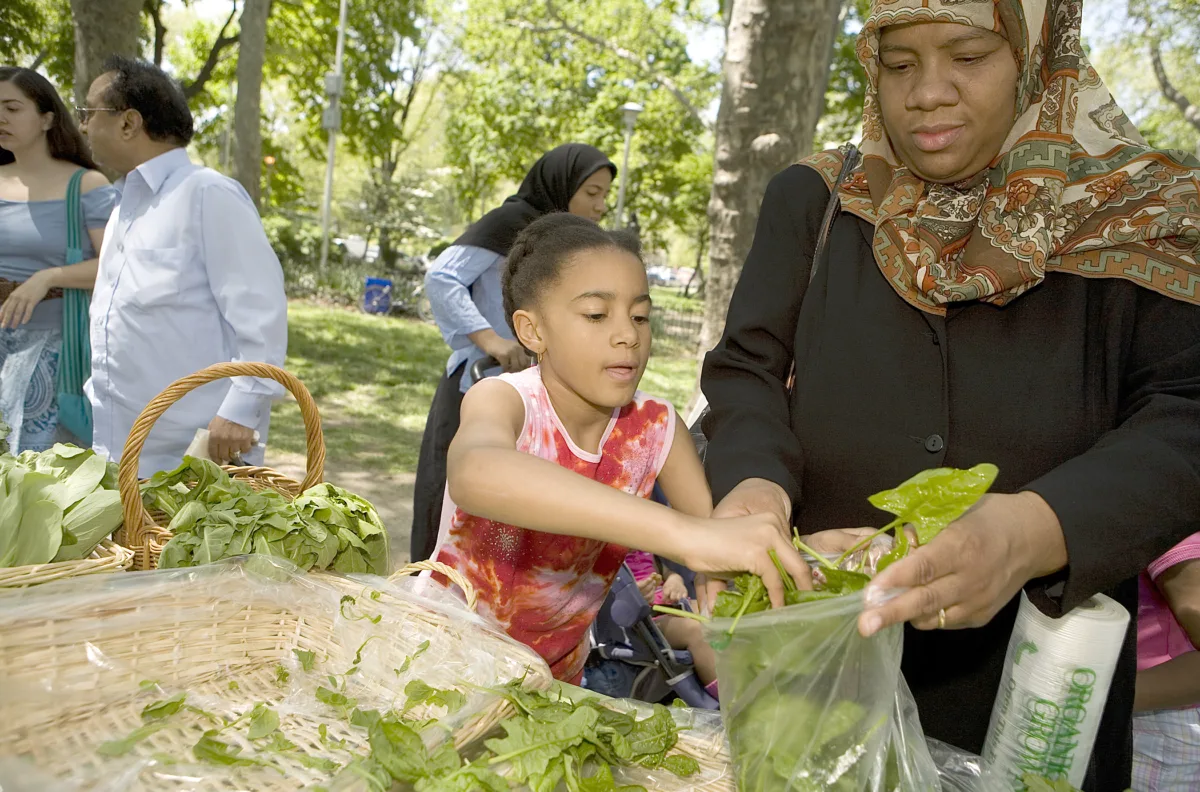Report
From Crisis to Opportunity
Reforming Our Nation’s Policies to Help All Children Grow Up Healthy
Jamie Bussel, senior program officer at the Robert Wood Johnson Foundation, talks about how to move forward from the pandemic and what she’s learning that’s shaping the Foundation’s strategy.
Explore the Data
Ages 6-17
23.8%
In 2019-20, 23.8% of non-Hispanic Black youth ages 10 to 17 had obesity.
Explore this Data
Contributing Factors
Obesity is deeply influenced by our policies and the opportunities we have in our communities.
Food Insecurity
Food insecurity—or the inability to afford enough food to be healthy—is often linked with poverty, malnutrition, and chronic health conditions like obesity. Children are more likely to face food insecurity than any other group in the United States.
Explore food insecurity in your state
Structural Racism
Structural racism is baked into our institutions, policies and practices—from residential segregation and discrimination in bank lending to how and where our food is grown, marketed, and priced. These factors fuel food insecurity and health disparities.
Visit RWJF’s collection on racism and health
COVID-19
The pandemic has disrupted every system of our lives: economic, education, health care, food, housing. Its consequences, like obesity, disproportionately affect children of color and families living furthest from economic opportunity.
Read a discussion with experts about how COVID-19 impacts childhood obesity


